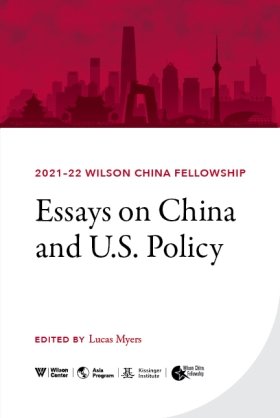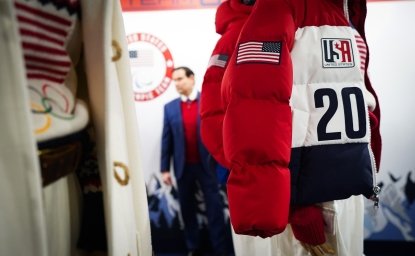The Key Role of Multilateral Coordination in the U.S.-China Health Relationship

Abstract
For decades, the WHO played a useful role in easy tensions during difficult times in the U.S.-China health relationship. That process failed during COVID- 19, leaving the United States without an effective way to interface with China in a crisis. An international organization can suffer from agency slack or a lack of independence. But despite these potential pitfalls, it can provide useful ser-vices to its member states. Often overlooked are the ways an IO can help nations address bilateral concerns. It can coordinate, provide international recognition that encourages improvements, and it can ease sovereignty concerns. This paper examines the history of successful partnership and the problems that led to the failures of 2020. It makes recommendations for how to move forward.
Implications and Key Takeaways
- The United States should increase its support for the WHO, including an increase in basic budgetary support by itself and work with other developed nations to increase support, as well.
- The United States should support the strengthening of International Health Regulations, recognizing that greater scrutiny will also come to the United States.
- The United States should seek to develop for coronaviruses, and for other key viruses identified by the global public health community, an international surveillance regime similar to the influenza program the United States has supported since its inception. This should be for the full range of countries with a coronavirus risk.
- The United States should recognize that China is now a peer country producing public health and scientific excellence.
- The United States should fully staff its health activities in China, including CDC, NIH and FDA. It should also seek to resume cooperation agreements with Chinese scientific entities and focus on ensuring joint use of data.
- Much of the world still needs to be vaccinated. The United States should look at how to ensure that its efforts and those of the Chinese are complementary in getting maximum effective coverage, not competitive. This may well require additional research on using multiple vaccine types.
Author

Assistant Professor of Political Science, Villanova University.


